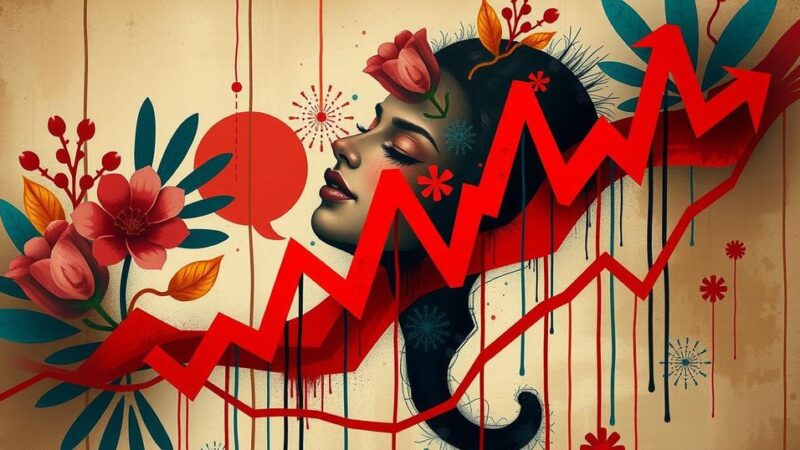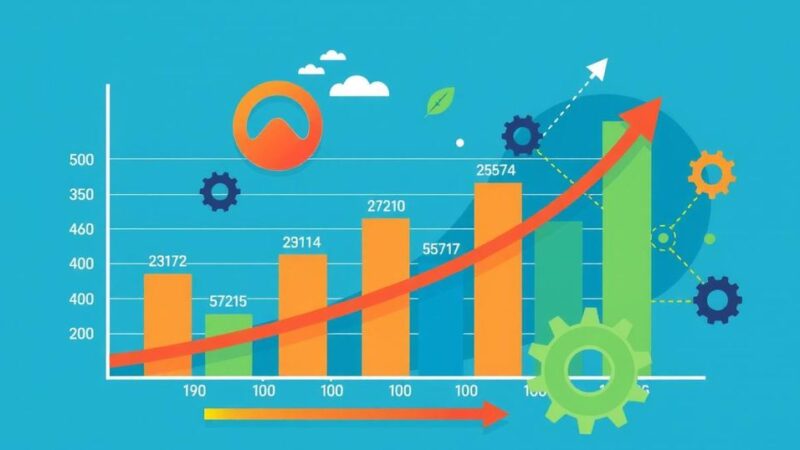Finland has been named the happiest country in the world for the eighth consecutive year in the World Happiness Report 2025. Although India has improved its ranking from 126 to 118, it still ranks lower than conflict-affected nations. The report emphasizes the importance of social connections in determining happiness and notes the decline in happiness in both the United States and the United Kingdom.
According to the World Happiness Report 2025, Finland has retained its title as the happiest country for the eighth consecutive year. India, while experiencing a slight improvement in its happiness ranking from 126th in 2024 to 118th this year, still ranks lower than several conflict-affected nations, including Ukraine and Mozambique. The report highlights that Nordic countries, including Denmark, Iceland, and Sweden, continue to dominate top rankings.
Happiness rankings are primarily based on individuals’ self-rated life evaluations, produced through a collaborative study involving Gallup and the UN Sustainable Development Solutions Network. Jon Clifton, CEO of Gallup, emphasizes that true happiness encompasses trust and connections rather than mere financial resources, stating, “Happiness isn’t just about wealth or growth — it’s about trust, connection and knowing people have your back.”
Researchers have identified several overlooked factors contributing to happiness, such as sharing meals and having social support. In various cultures, including Mexico and parts of Europe, living in larger households correlates positively with happiness levels. Additionally, belief in the goodwill of others, exemplified by confidence in the return of lost personal items, is a significant predictor of overall happiness. Nordic countries excel in both perceived and actual rates of wallet returns.
The report reveals a troubling trend regarding the United States, which has reached its lowest position in the happiness ranking at 24, down from an earlier peak of 11 in 2012. This decline is attributed, in part, to the increasing number of individuals dining alone, which has risen by 53% over the last two decades. Similarly, the United Kingdom ranks 23rd, observing its lowest average life evaluation since 2017.
Afghanistan is reported as the unhappiest country, with particular hardships reported by Afghan women. Sierra Leone and Lebanon follow as the second and third unhappiest countries. Furthermore, the study highlights a concerning statistic: 19% of young adults globally lack social support, representing a 39% increase since 2006. Overall, countries are assessed based on self-reported life evaluations from 2022 to 2024, with experts attributing happiness variations to multiple factors, including GDP per capita and perceptions of corruption.
Finland has once again been recognized as the world’s happiest nation, while India remains ranked below various conflict-affected countries. Happiness is measured beyond wealth and includes trust, community connection, and social support. The decline in happiness observed in the United States and the increasing lack of social support among young adults globally underline the pressing need for community engagement. By fostering relationships and supporting one another, societies can enhance overall well-being and happiness.
Original Source: www.livemint.com






